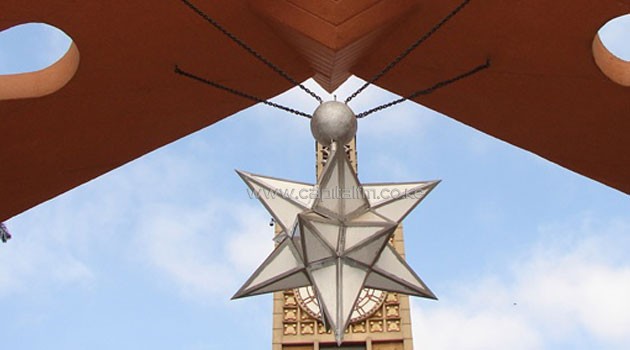
The organisation argues that this will be in line with the principle of participation contained in the Constitution/FILE
They want the public to be allowed to pass their grievances to the Justice and Legal Affairs Committee over the proposed changes contained in the Statute Law Miscellaneous (Amendments) Bill.
The organisation argues that this will be in line with the principle of participation contained in the Constitution.
Addressing journalists on Thursday, IMLU Executive Director Peter Kiama said Parliament should reject the proposed amendments to the PBO Act.
“We call on the millions of Kenyans who have accessed or are currently accessing medical, education, agricultural and livestock services or any other service or support from public benefits organisations, non-governmental organisations to request the Clerk of the National Assembly to allow them appear before the committee,” he stated.
If passed into law, Non Governmental Organisations will be required to receive funds under one federation against the current state where individual groups get funds directly.
Also the groups will be required to receive 15 percent of their funding from external sources.
Kiama says this will paralyse major projects by various groups and 290, 000 peoples will risk loosing their jobs.
The Miscellaneous Amendment Bill 2013, published on October 30, seeks to cap the amount of foreign funds that NGO’s can get to 15 percent of their budget.
Section 27 A (2) states: “A public benefit organization shall not receive more than 15 percent of its total funding from external donors.”
On the other hand, section 27A. (1) States: “Any funding of a public benefit organization shall be made through the federation and not by an individual members’ organization.”
The government has since defended the amendments saying they were meant to bring transparency and accountability to the civil society groups.
On November 21 the government said the proposed changes to the Public Benefit Organisation Bill were meant to streamline the sector to ensure there is accountability and transparency.
“15 percent is not a ceiling; it is actually a base…anyone who wants to receive more can be allowed to apply to the National Treasury if it is in line with government national priorities,” Cabinet Secretary for Devolution Ann Waiguru had pointed out.
Waiguru said the 15 percent requirement was not fixed as groups can apply for more funds if their projects align with those of the National Government.
“The organisations should be philanthropic and are actually driven by the need of people…you form an NGO to address a common need that Kenyans are agreeable about. It’s not about regulation just for the sake of regulations since that will even make them come up with innovative ideas that will make them sustainable,” she stressed.
She said a government regulatory system will not restrain the groups from forming their own internal regulatory systems.
IMLU however argues that the bill will undermine the independence of PBOs and cautions that donors may resist giving their donations through a Government led body.
Kiama said, “the bill has far reaching consequences for the people who access services at affordable rates.”
“This will be a big blow to the sector as of the 8,500 PBOs in the country are heavily donor reliant for most of their activities where 1,757 of these are delivering 47 percent of Kenya’s public health services,” he added.









































